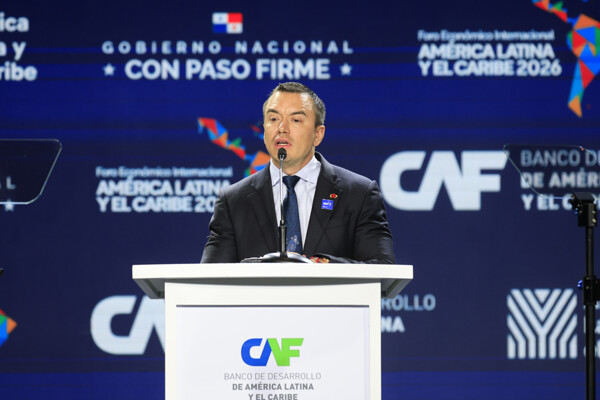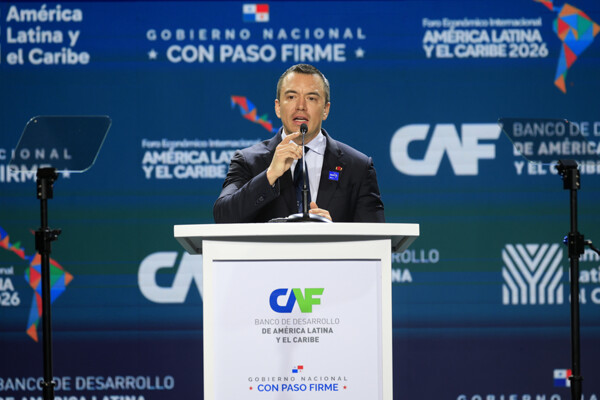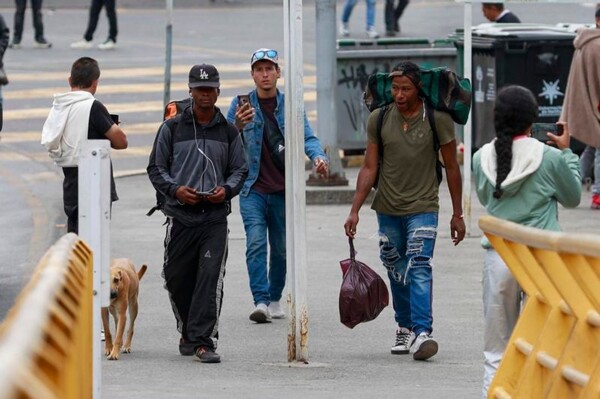
The Communist Manifesto, anti-imperialist, remains a guide in the struggle for the emancipation of workers on a global scale. Since its emergence in 1945, the world has been regulated by patterns that have allowed the United States to exert its influence as a dominant power. Neoliberal globalization, driven by industrial relocation to the periphery in search of cheap labor, has facilitated the emergence of new capitalist powers with complex military-industrial-financial systems that challenge American hegemony.
The recent electoral experience in Ecuador raises questions about the future of other countries in the region, such as Colombia. The need to find an effective and lasting popular solution in a context dominated by capitalist interests becomes crucial. Mass resistance and struggle with a global vision could be key in this scenario.
The concentration of social power in the hands of magnates owning technological and financial monopolies in the United States, such as Apple, Microsoft, Amazon, and others, is reconfiguring the world economy. This power seeks to maintain control over its own continent and confront emerging powers like China and Russia, setting priorities based on the preservation of its hegemony.
The renewal of the ideological-political-cultural narrative of the Cold War is evident in the current scenario, focusing on the confrontation between different blocs of power at a global level. The control of strategic resources and dominance in key geopolitical areas, such as the Panama Canal, are part of the dispute for influence and power in the Latin American region.
In this context, statements from U.S. political and military figures, such as Pete Hegseth, reflect the strategic importance of maintaining control over territories and vital routes for the projection of power. The pursuit of advantages in conflict or contingency scenarios highlights the importance of securing dominance in areas considered fundamental to the geopolitical and economic interests of competing powers.















